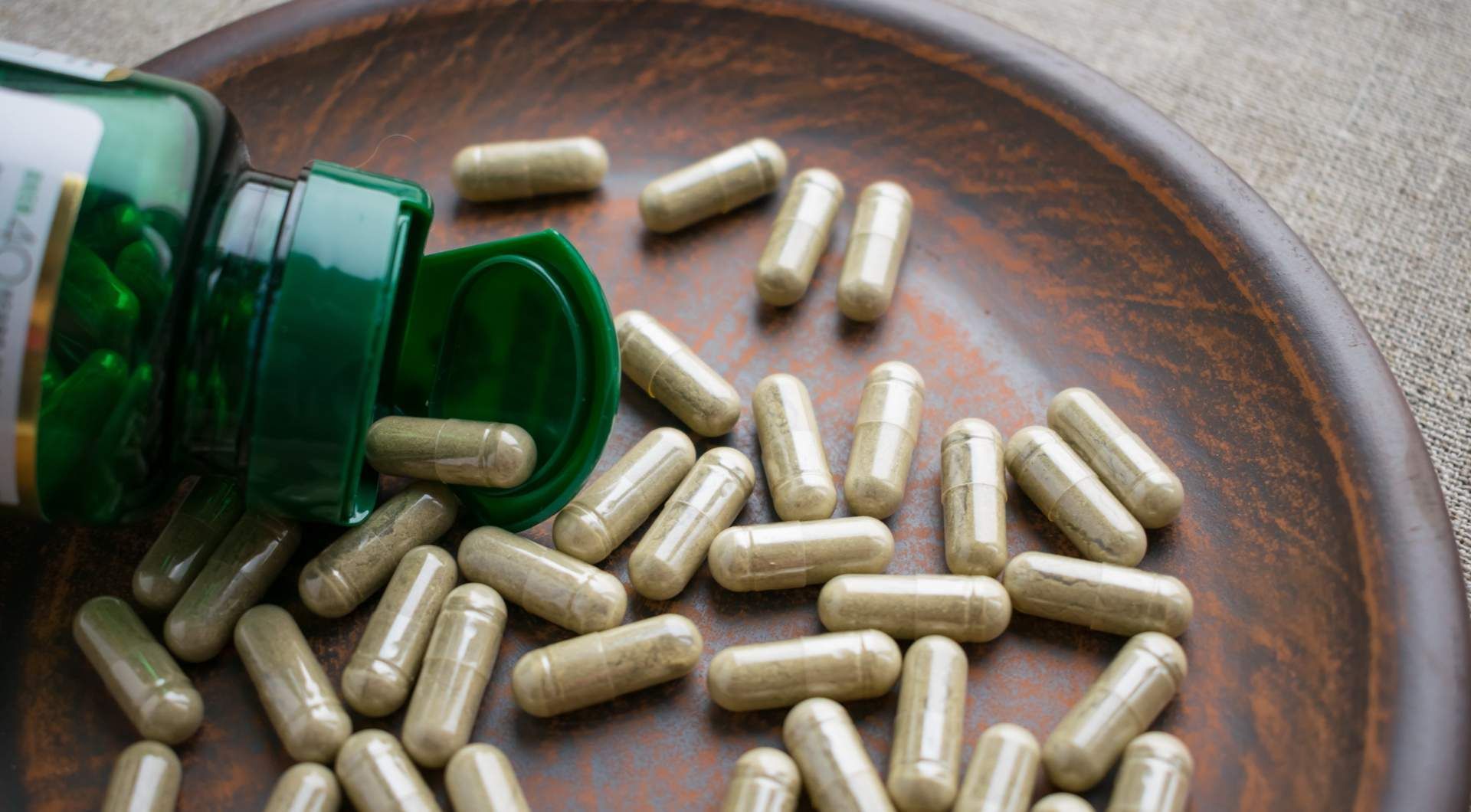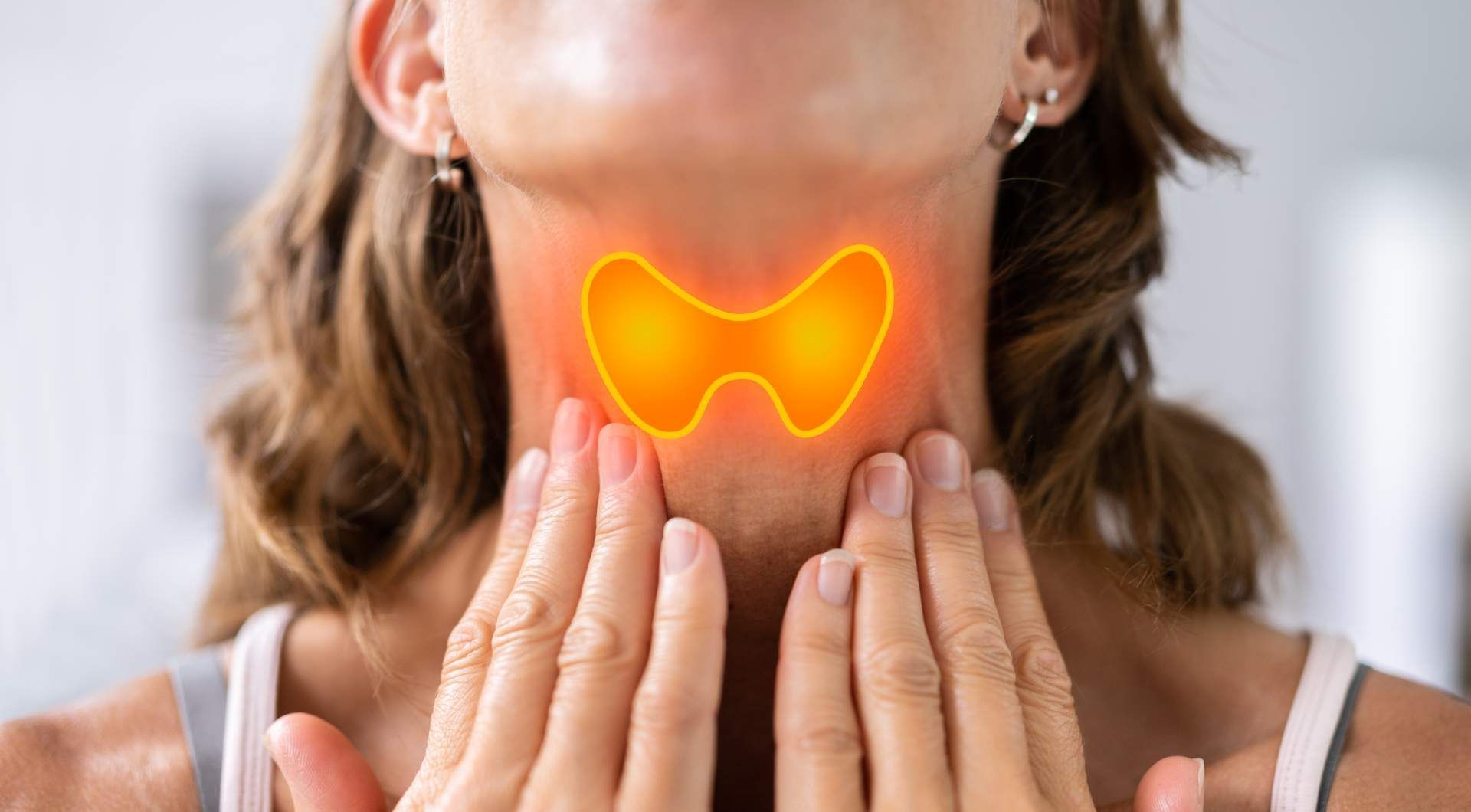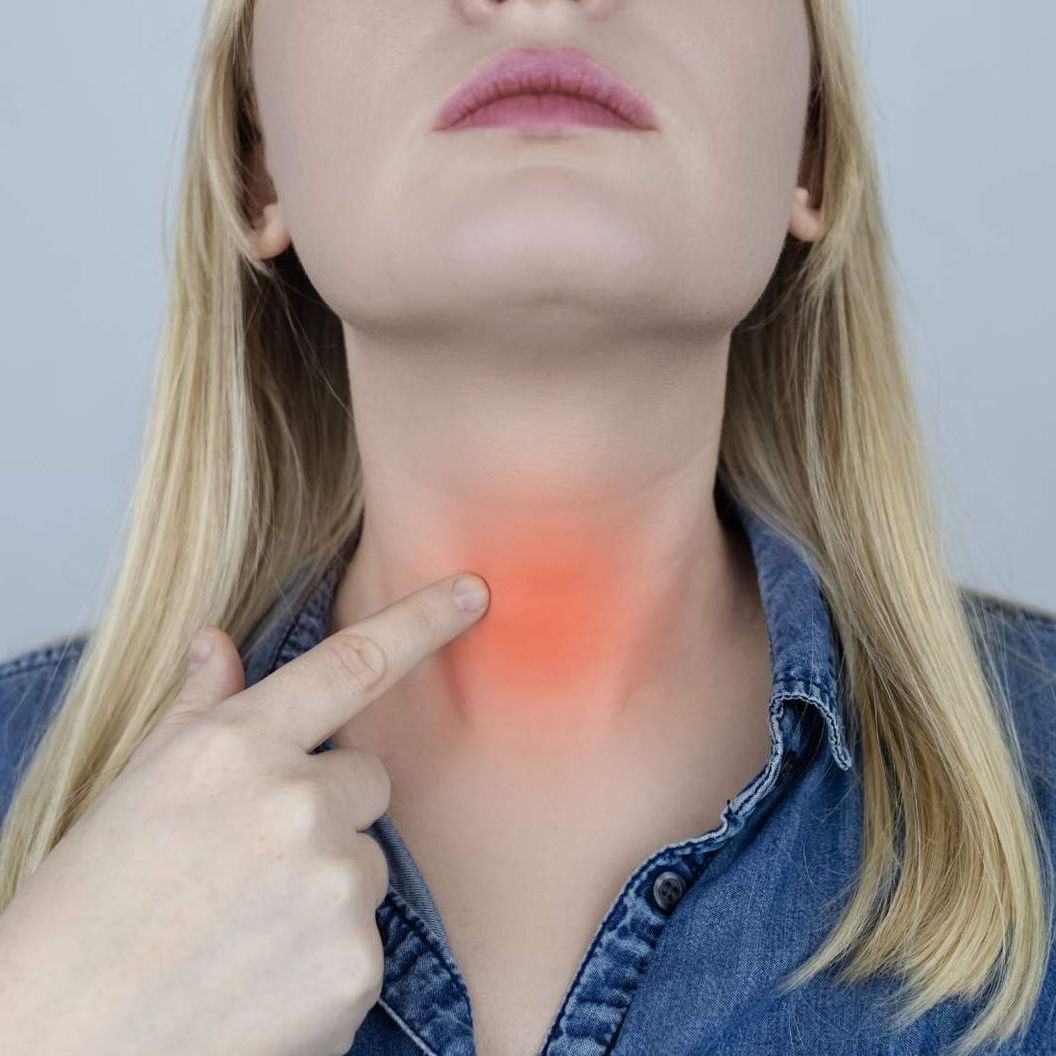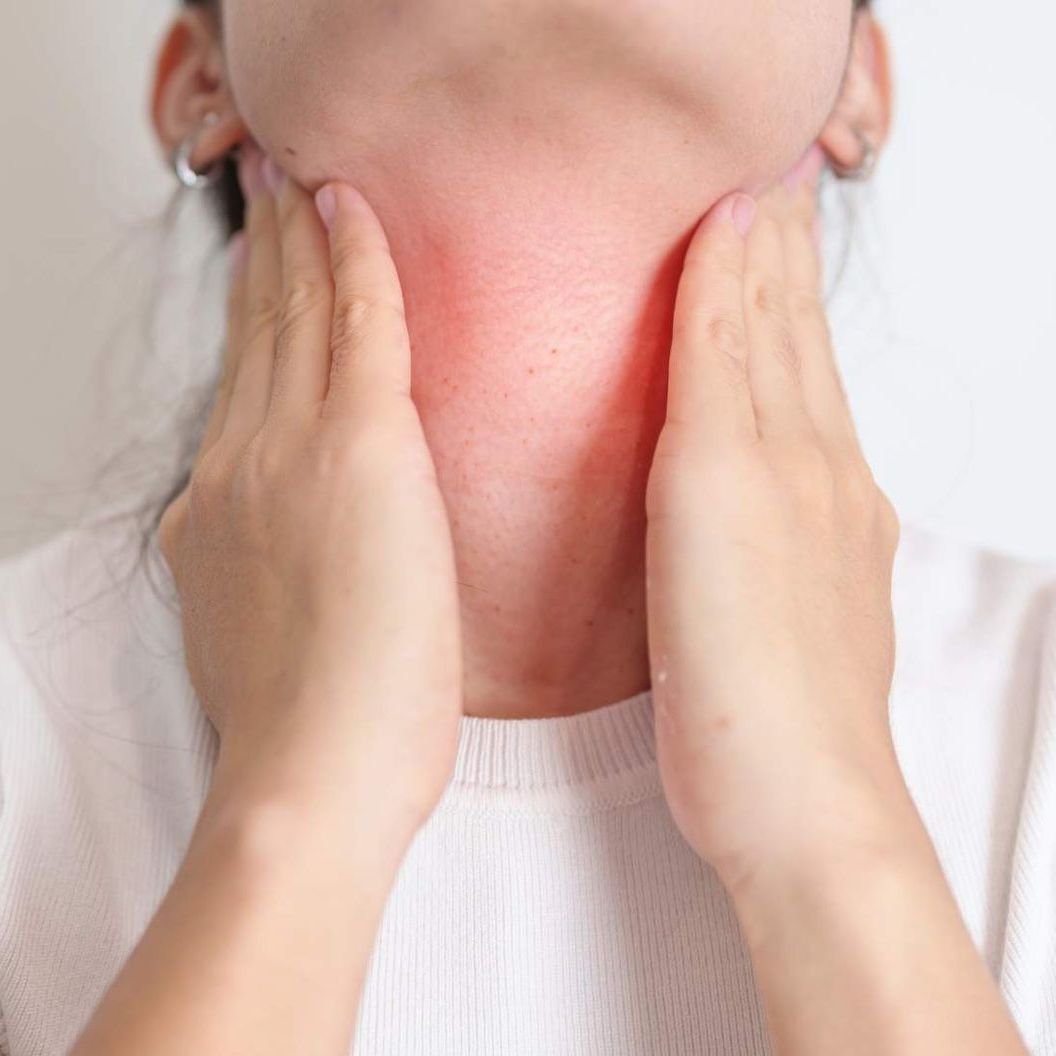Can Biotin Affect Your Thyroid? The Impact of Biotin on Thyroid Health
"The content below is not intended to be a substitute for professional medical advice, diagnosis, or treatment. Always seek the advice of your physician or other qualified health provider with any questions you may have regarding a medical condition."
Health and wellness is everywhere. Fitness classes are popular, influencers promise better health with supplements, and prioritizing whole foods is encouraged through countless recipes on your social media feed.
Vitamins and minerals are essential for wellness, and biotin is no exception — supporting hair, skin, and nail function. But can using biotin affect your thyroid?
In this article, we dive into the direct link between biotin and the thyroid, its impacts, and how to prevent it from causing a problem. Thyroid health can be complicated, but at the end of this article, you’ll have the education you need to feel confident when making decisions about biotin and your thyroid.
Table of Contents
What Is Biotin?
Biotin, or B7, is a vitamin found in enzymes that help break down food in the body. It directly supports metabolism by turning carbohydrates, fats, and proteins into energy.
Low levels of biotin may lead to thinning hair, facial rashes, trouble sleeping, and depression. Biotin deficiencies may be hard to diagnose because many symptoms overlap with other illnesses or deficiencies. You may have low levels of biotin due to:
- Medications
- IV feedings
- Intestinal issues
- Long-term dieting
Dr. Sergi at
HealthierU is available to support your nutrition through any deficiencies or medical conditions you may have. Request your nutrition consultation to get started on your health journey today.
Common Sources of Biotin
Biotin can be found in food, hair products, and supplements. Some common foods that contain biotin are:
- Eggs
- Milk
- Fruits and vegetables
- Nuts
- Meat
- Legumes
Biotin is also a common ingredient in hair products that promote hair growth after loss. Those who have experienced hair loss due to medical conditions, postpartum hair loss, or aging commonly take biotin to support hair growth and to slow hair loss.
Can Biotin Affect Thyroid Function?
Studies show that biotin does
not affect the thyroid itself. However, biotin
can impact the measurement of the thyroid hormone levels.
How Can Biotin Affect Thyroid Function?
Although biotin does not directly impact thyroid function, it may cause inaccurate results in thyroid lab work. When examining blood work, biotin may cause overly high levels of free thyroxine (FT4) and free triiodothyronine (FT3). These levels show how well thyroid hormone works and circulates in your bloodstream and if they are high, it may indicate hyperthyroidism.
In addition to inaccurate FT3 and FT4 levels, biotin may show low levels of TSH (thyroid-stimulating hormone), which may also indicate hyperthyroidism. Misdiagnosis may lead to taking unnecessary medications or overlooking other medical issues. It is recommended that biotin be stopped two days before lab testing to avoid inaccurate test results.
If you’re struggling with thyroid imbalance, Dr. Sergi at HealthierU provides natural treatment for hypothyroidism. She offers resources and support using a holistic, natural approach.
Contact HealthierU today for a free consultation.
Commonly Asked Questions About the Thyroid and Biotin
How Much Biotin Is Too Much for the Thyroid?
Biotin does not directly impact thyroid function or thyroid hormone levels. If you have hyperthyroidism or hypothyroidism, taking biotin does not help or hurt your diagnosis.
Biotin supplements are typically found in a multivitamin or as a standalone supplement, with doses ranging from
10 mcg to 5000 mcg. Always consult a physician before adding any supplement to your diet.
Can Biotin Affect Thyroid Labs?
Studies show that ingesting 5-10 mg of biotin for seven days can interfere with thyroid assay. When reviewing thyroid function lab results, medical practitioners know these findings and consider biotin levels. Since
biotin can affect thyroid tests, your practitioner may recommend re-testing if test results are abnormal.
Can Biotin Affect Thyroid Medication?
There is no supporting research to show that biotin can affect thyroid medication. As with all supplements, consult your doctor before taking biotin and discontinue use before lab work. This ensures the results accurately reflect the thyroid hormone levels in your body and that the proper medication dosage may be given.
Can Biotin Hair Products Affect the Thyroid?
Biotin in hair products may help with one of the side effects of biotin deficiency –– hair loss. Fortunately, hair products containing biotin do not directly impact the thyroid. However, it’s recommended that these products be discontinued before lab work.
How Long Before Thyroid Testing Should You Stop Taking Biotin?
To ensure it is entirely out of your system, stop taking biotin
at least 72 hours before lab testing for thyroid function. Speak to a doctor
specializing in thyroid support to answer any specific questions about thyroid testing.
Discover Holistic Nutrition for Thyroid Health at HealthierU
Dr. Donna Sergi, founder of HealthierU, has served the Brooklyn area for over 25 years and specializes in nutrition, chiropractic care, and women's services. She aims to support patients through proper nutrition to help nourish the body.
Dr. Sergi’s treatment plans include:
- Following a whole-food diet
- Nutritional supplementation
- Avoiding toxins
- Lifestyle changes, such as increasing sleep, exercising, and implementing positive coping strategies
HealthierU’s practices are safe, natural, and supportive. Call us today to schedule a free consultation and learn more about how Dr. Sergi can help you optimize your thyroid health.






